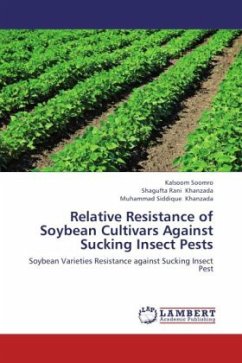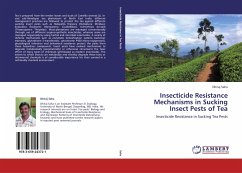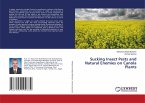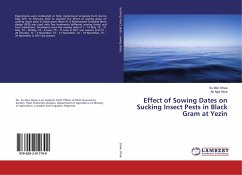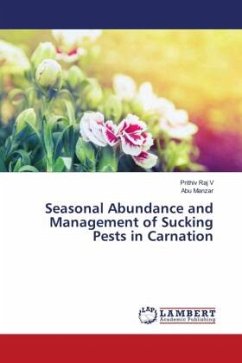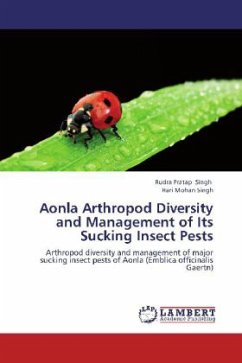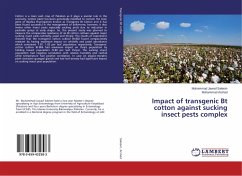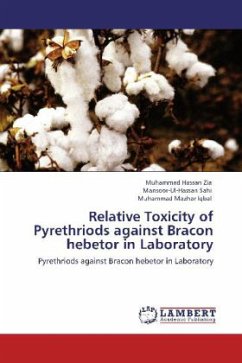Soybean Glycine max (L) Merrill, was first cultivated in china.Soybean is an unique crop with high nutritional value, providing 40 per cent protein and 20 per cent edible oil besides minerals and vitamins.The soybean is a luxuriant crop, soft and succulent foliage attracts many insects and provides unlimited source of food, space and shelter. In Sindh province of Pakistan the soybean is cultivated on marginal scale (44 hectare) and production 45 M.t), however, the crop have use economic importance.About 380 species of insects have been reported on soybean crop from many parts of the world.About 65 insect species have been reported to attack soybean from cotyledon to harvesting stage.The sucking pests viz. Bemisia tabaci (Genn) and Thrips palmi (Karny) cause economic damage. Insect pest complex in soybean cause yield loss up to 24%.The jassid Amrasca devastans (Dist.) is serious pest of soybean, injury to plants is due to the loss of sap and probably also due to the injected toxins.The present study was carried out to assess the relative performance of soybean cultivars against sucking insect pests.

